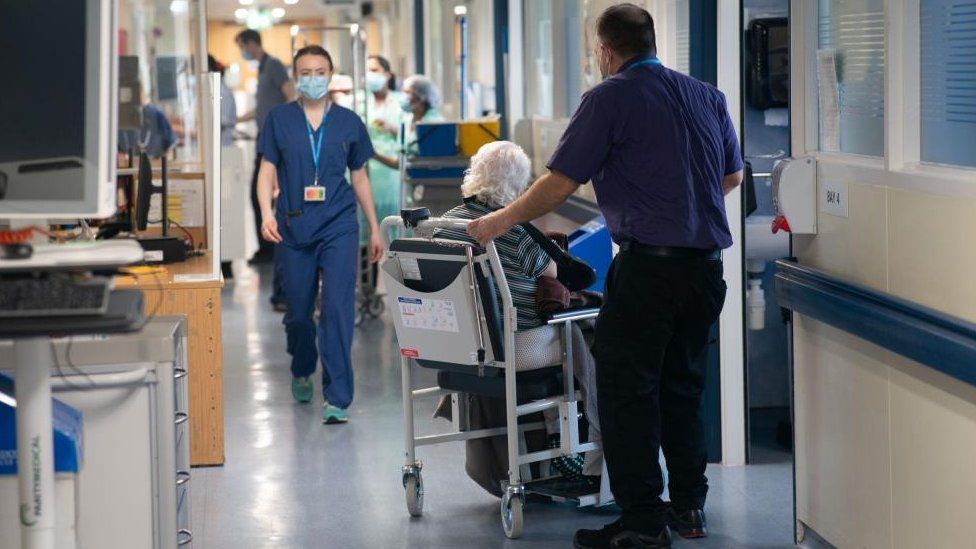 Image source, PA Media
Image source, PA Media
By Dominic Hughes
Health correspondent, BBC News
More than 250 patients a week could be dying unnecessarily, due to long waits in A&E in England, according to analysis of NHS data.
The Royal College of Emergency Medicine analysed the 1.5 million who waited 12 hours or more to be admitted in 2023.
A previous data study had calculated the level of risk of people dying after long waits to start treatment and found it got worse after five hours.
The government says the number seen within a four-hour target is improving.
This is despite February seeing the highest number of attendances to A&E on record, it adds.
The Royal College of Emergency Medicine (RCEM) carried out a similar analysis in 2022, which at that time resulted in an estimate of 300-500 excess deaths - more deaths than would be expected - each week.
The analysis uses a statistical model based on a large study of more than five million NHS patients that was published in 2021.
At the time NHS England disputed the figures, but it's roughly what you get if you multiply the number of people waiting long periods in A&E, with the extra risk of dying estimated to come with those long waits (of between five and 12 hours).
This latest analysis is more detailed following a Freedom of Information request, this time asking for a breakdown of the number of people who waited for more than 12 hours and were subsequently admitted for treatment.
That does not include the time that many people spent waiting outside hospitals in ambulances before they were transferred into A&E - meaning the full figures will be even higher, experts say.
NHS data for England shows more than 1.5 million patients waited 12 hours or more in major emergency departments in 2023, of which around one million were waiting to be admitted to a hospital bed as a decision had already been made to treat them but a bed was not available at that stage.
The RCEM has calculated that, when looking solely at patients awaiting admission, an average of 268 excess deaths are likely to have occurred each week in 2023.
RCEM president Dr Adrian Boyle said long waits were continuing to put patients at risk of serious harm.
"In 2023, more than 1.5 million patients waited 12 hours or more in major emergency departments, with 65% of those awaiting admission," he said.
"Lack of hospital capacity means that patients are staying in longer than necessary and continue to be cared for by emergency department staff, often in clinically inappropriate areas such as corridors or ambulances.
"The direct correlation between delays and mortality rates is clear. Patients are being subjected to avoidable harm."
Sir David Spiegelhalter, emeritus professor of statistics in the Centre for Mathematical Sciences, University of Cambridge, told BBC Radio 4's Today programme: "It sort of seems intuitive that if you wait a long time in a corridor or somewhere else waiting to be admitted, an average of six hours now, that that's going to harm people."
He added: "They are not identifiable people, you can't count people who died because of this. It's an estimate based on past analysis, that this does increase your risk, but it does seem plausible."
An NHS England statement said : "We have seen significant increases in demand for A&E services, with attendances in February up 8.6% on last year and emergency admissions up 7.7%.
"The latest published data shows our urgent and emergency care recovery plan - backed by extra funding with more beds, capacity and greater use of measures like same day emergency care - is delivering improvements."
The Department of Health said it was making progress in reducing waiting times, including adding an extra 5,000 permanent staffed beds this winter to increase capacity.
"Thanks to our £200m urgent care recovery plan, A&E four-hour performance improved in February compared to January, despite the highest number of February A&E attendances on record and the impact of industrial action," a statement said.
"We are determined to continue improving experiences for patients and making access to care faster, simpler and fairer."

 German (DE)
German (DE)  English (US)
English (US)  Spanish (ES)
Spanish (ES)  French (FR)
French (FR)  Hindi (IN)
Hindi (IN)  Italian (IT)
Italian (IT)  Russian (RU)
Russian (RU)  4 weeks ago
4 weeks ago

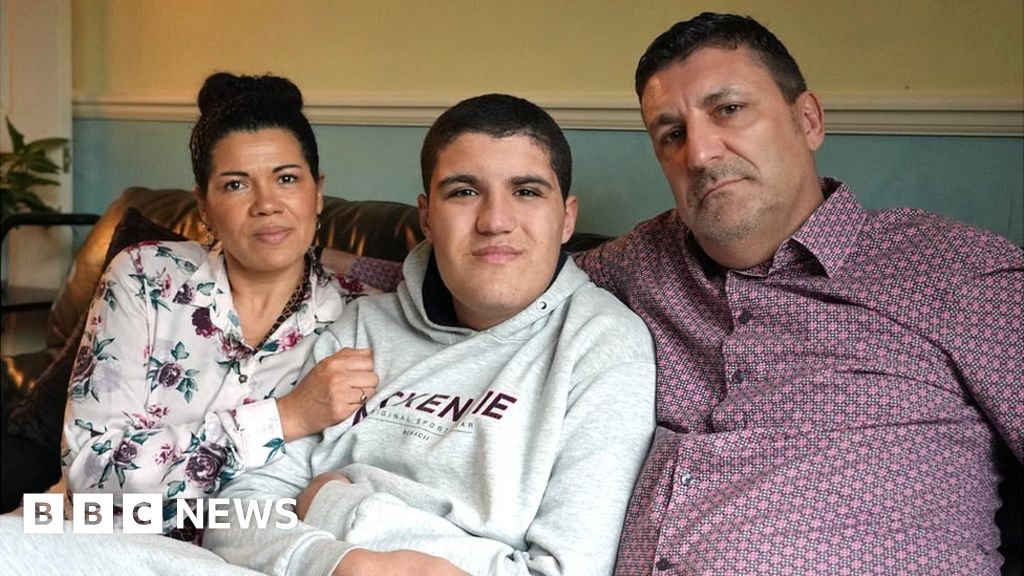
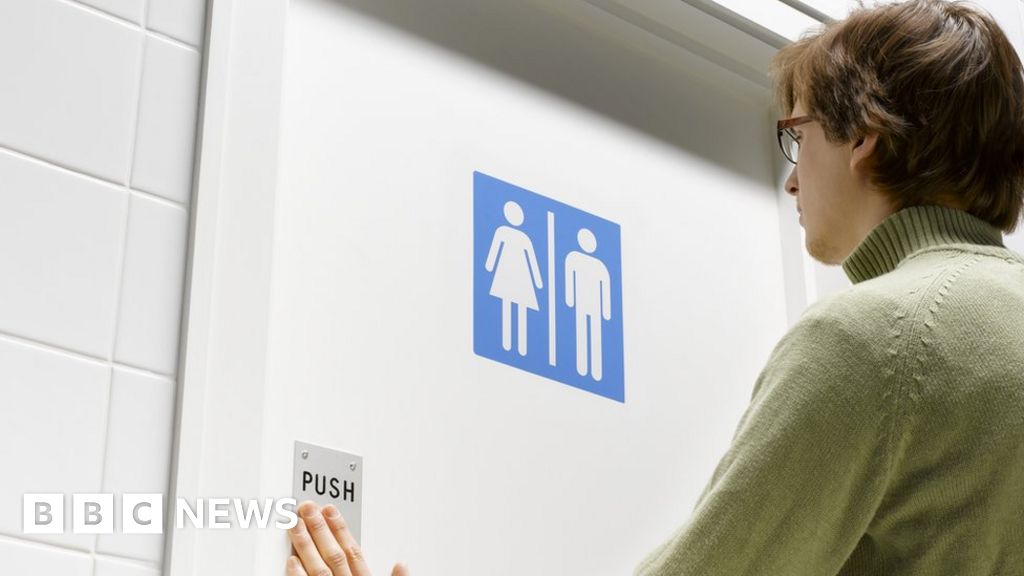


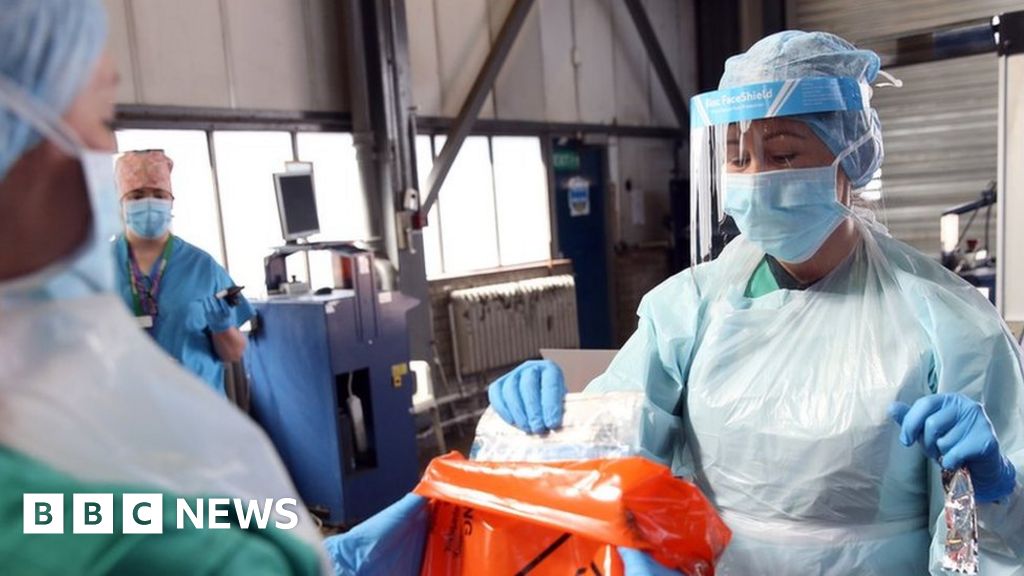


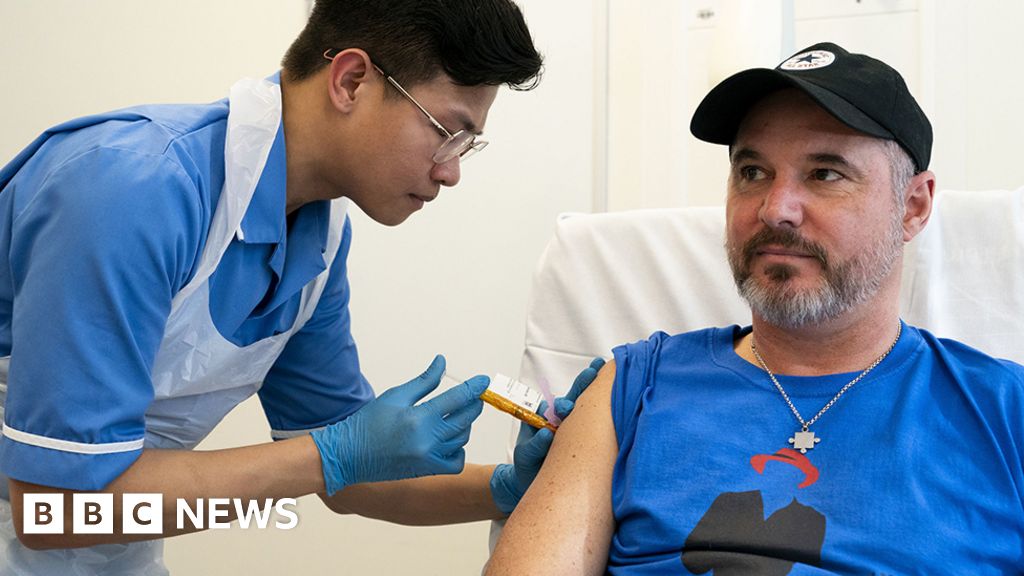
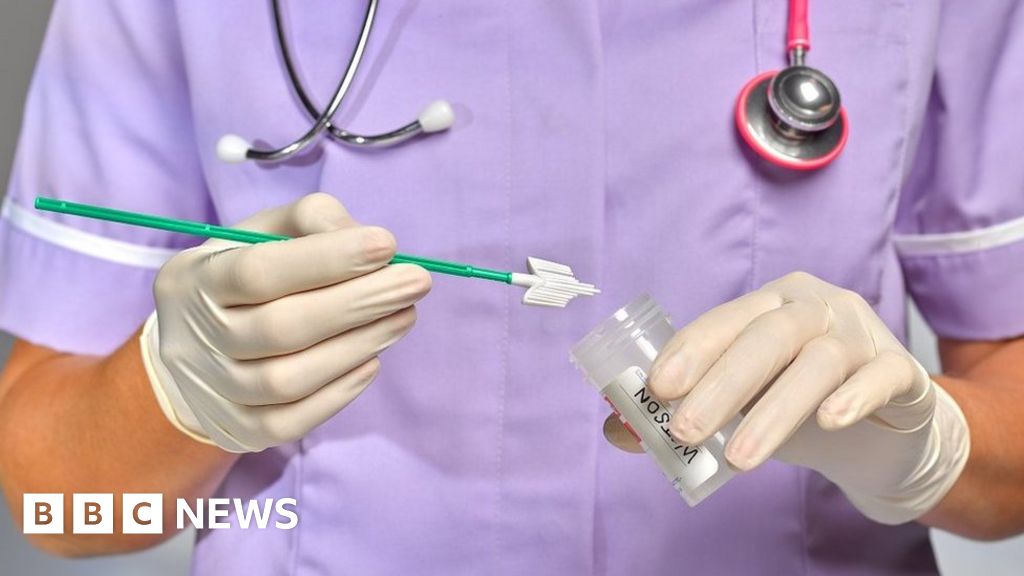












Comments